AI - The intelligent infrastructure of the new era
Within the framework of the Vietnam International Digital Week 2025, at the Vietnam - Korea Digital Forum 2025, Deputy Minister of Science and Technology Hoang Minh emphasized that AI is not only an applied technology but is becoming "a type of national infrastructure" or intellectual infrastructure of the new era. He affirmed that "whoever masters AI will have a superior advantage in production, business, education, healthcare, national administration, and even national defense and security. Notably, Vietnam has identified the key task in the coming period as building Vietnam's AI intellectual infrastructure, quickly building a National AI Supercomputing Center and shared open AI data. Regarding technology orientation, Vietnam is committed to developing and mastering digital technology, including AI, based on open standards and open source code.
This vision reflects the “Make in Vietnam” strategy - creating domestic technology to serve Vietnam itself, while contributing knowledge to humanity. The government plans to increase public investment in the AI field, in which the National Technology Innovation Fund (NATIF) will allocate a high proportion to support businesses applying AI technology in management and production. Vietnam currently has the advantage of a young, dynamic and tech-savvy population, along with a rapidly growing startup force. This is a favorable condition for our country to be both an early consumer and a creator of AI technology. However, along with the opportunity are challenges in ethics, employment and social trust, and above all, the requirement that AI development must be fast, safe and humane.
International cooperation on open technology development and human infrastructure
South Korea is considered one of Vietnam's leading strategic partners in digital transformation and AI, with many cooperation programs implemented, from human resource training to policy consulting and technology projects. Mr. Park Yun Gyu, Chairman of the National Information Technology Industry Promotion Agency of Korea (NIPA), commented that Vietnam is becoming "the new AI innovation center of Southeast Asia". According to Mr. Park, South Korea is developing two AI directions at the same time: Vertical AI (AI specialized for each industry) and Inclusive AI (AI that is inclusive, putting people at the center). The ultimate goal is to build an "inclusive AI society" where all people can benefit from technology. This model is similar to Vietnam's orientation of "AI for people", opening up great space for technical cooperation, knowledge transfer and technology co-development.
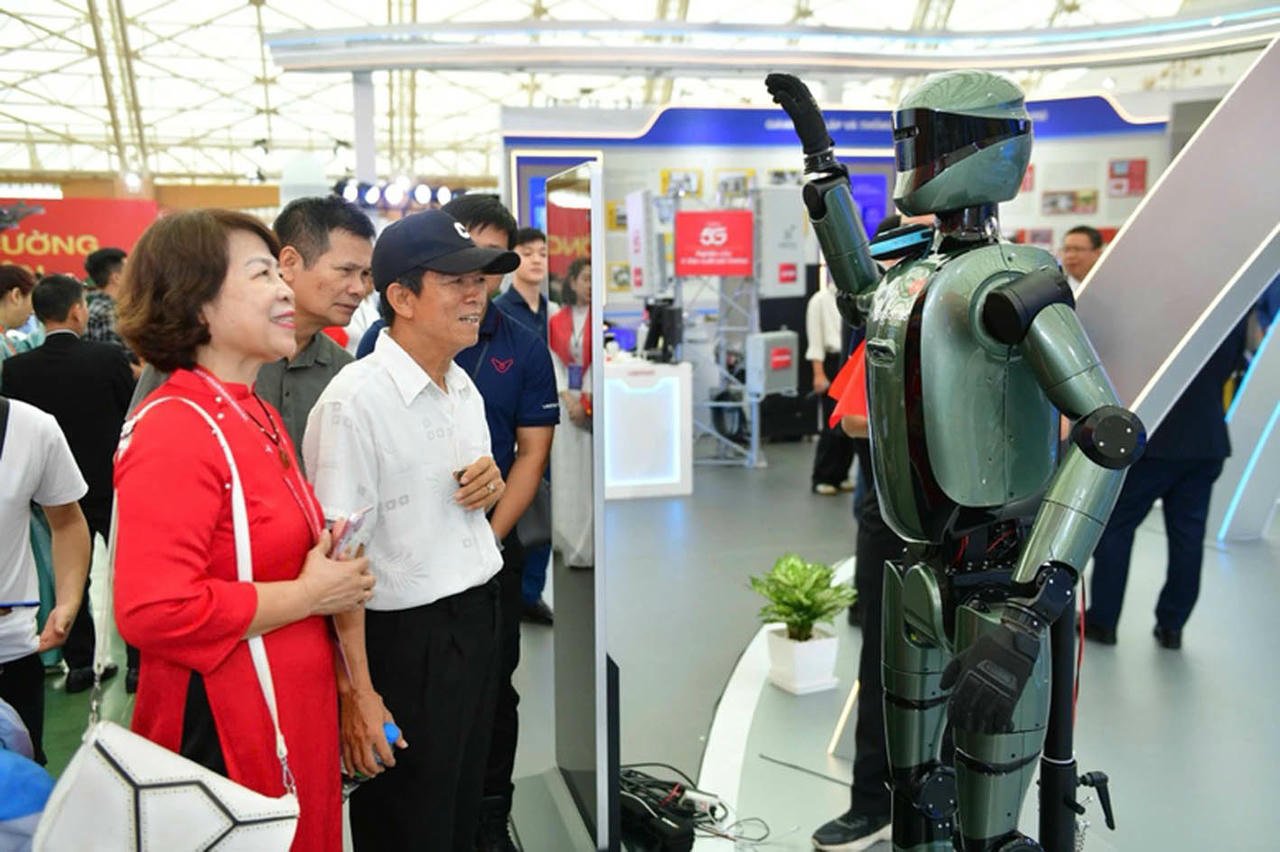
Korean Ambassador to Vietnam Choi Young Sam also assessed that in the context of both countries investing heavily in AI, the development of common digital infrastructure such as next-generation networks, AI data centers and open data sharing platforms will be an important pillar. Accordingly, Korea is committed to expanding bilateral cooperation in training high-quality human resources, incubating AI startups, promoting digital transformation of businesses and developing a common market in the technology sector.
Along with Asian cooperation, Vietnam is expanding its strategic relationship with the European Union (EU), not only in technology but also in institutional cooperation, jointly building humane, responsible and transparent AI governance standards. At the Vietnam - EU Digital Cooperation Forum, Deputy Minister of Science and Technology Bui The Duy affirmed that building institutions for AI and digital technology is not only a management requirement, but also a foundation to ensure technology serves people and sustainable development.
Accordingly, Vietnam wishes to learn from the experience of the EU AI Act - the world's pioneering document on the legal framework for artificial intelligence. The two sides will coordinate to pilot ethical AI governance models, share open data, and ensure fairness in technology application. EU Ambassador to Vietnam Julien Guerrier assessed that Vietnam and the EU share many common values: technological sovereignty, transparency and trust. He said that Vietnam's promulgation of the Law on Digital Technology Industry and participation in the United Nations Convention on the Prevention and Combat of Cybercrime (Hanoi Convention) is a testament to the development orientation of "AI for people, safety and independence". The EU also pledged to support Vietnam through programs such as Horizon Europe - the world's largest research and innovation fund worth nearly 100 billion euros, to expand cooperation in the fields of AI, open data, quantum, green energy - digital and cybersecurity.
Notably, last August, the United Nations General Assembly unanimously adopted a resolution establishing two new permanent global mechanisms: the Independent International Scientific Council on AI and the Global Dialogue on AI Governance within the United Nations. In addition, the UN Secretary-General proposed the establishment of a Global Fund on AI to support a network of regional and national AI centers. These new mechanisms will help countries develop the capacity, infrastructure and institutions needed to exploit AI responsibly, while emphasizing the role of international cooperation in the development and control of AI.
Vietnam - The New Hub of Open and Responsible AI
Vietnam is playing an increasingly prominent role in the global AI landscape. Minister Nguyen Manh Hung affirmed at the Ministerial Roundtable on AI Governance that: “Together, we share and shape regional and global AI institutions. Vietnam is committed to developing human-centered, open, secure, sovereign, collaborative, inclusive and sustainable AI.”
According to the Minister, for AI to truly serve humanity, there needs to be a balance between global and local, cooperation and sovereignty, between large technology corporations and startups, between technology and application, between use and mastery, between innovation and control, between global infrastructure and national infrastructure, between open data and protected data, between general AI and specialized AI. The sustainable development of AI must be based on four pillars: strong AI institutions, modern AI infrastructure, AI talent and human-centered AI culture.
The UNESCO report also assessed Vietnam as one of the first countries in Asia to complete an AI ethics assessment (RAM), demonstrating its governance capacity and responsible development orientation. With more than 4,000 scientific publications on AI and more than 50 universities with related training programs, Vietnam is entering a phase of “knowledge acceleration” to develop a strong AI talent pool and ecosystem.
It can be seen that Vietnam has all the conditions to “go faster”: clear policies, modern digital infrastructure, young human resources and extensive international cooperation. Proactively promoting bilateral and multilateral international cooperation on AI helps Vietnam not only learn from experience and open up opportunities, but also contribute values, especially in the fields of AI ethics, open data and digital governance. The direction of “open and humane AI” is a strategic choice to help countries, including Vietnam, avoid dependence on technology, while shaping their own identity in the digital age.
Source: https://baophapluat.vn/kien-tao-ha-tang-tri-tue-nhan-tao-mo-va-nhan-van-tai-viet-nam.html


![[Photo] General Secretary To Lam receives Vice President of Luxshare-ICT Group (China)](https://vphoto.vietnam.vn/thumb/1200x675/vietnam/resource/IMAGE/2025/11/15/1763211137119_a1-bnd-7809-8939-jpg.webp)




![[Photo] Prime Minister Pham Minh Chinh meets with representatives of outstanding teachers](https://vphoto.vietnam.vn/thumb/1200x675/vietnam/resource/IMAGE/2025/11/15/1763215934276_dsc-0578-jpg.webp)
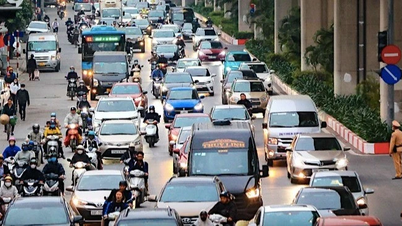

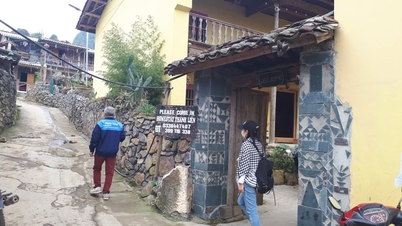



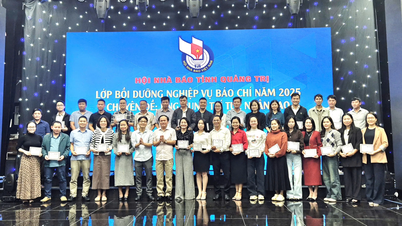

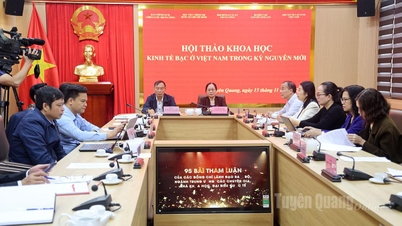



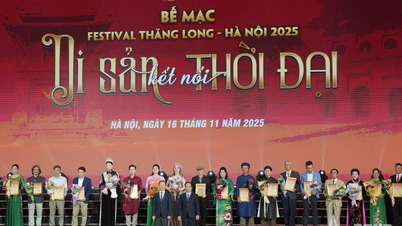




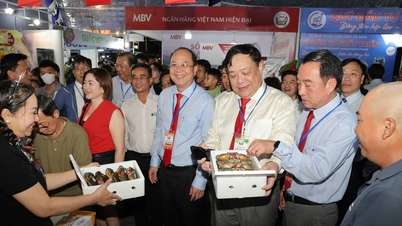


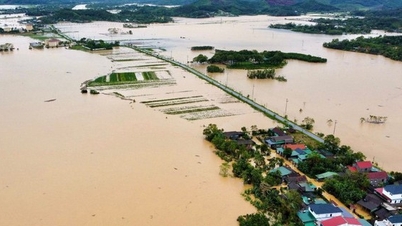




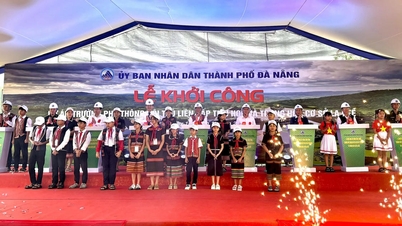
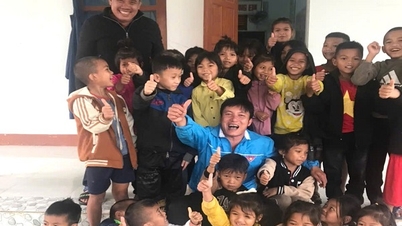
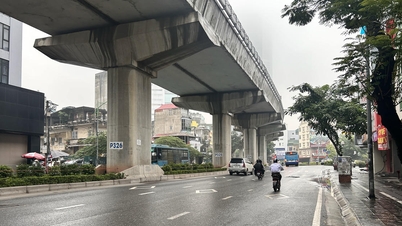
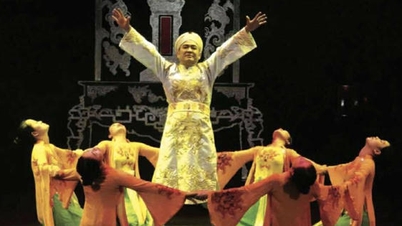

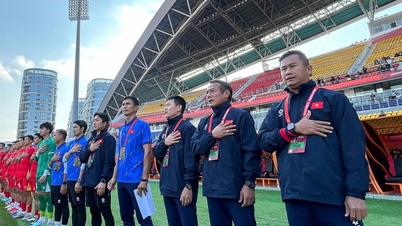






































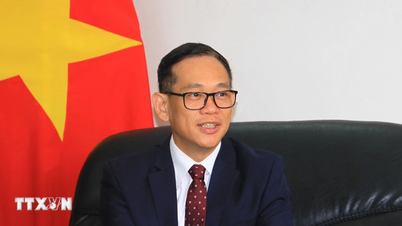







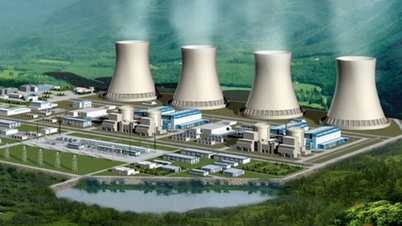






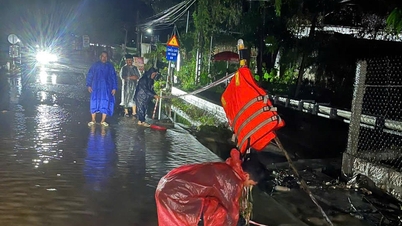

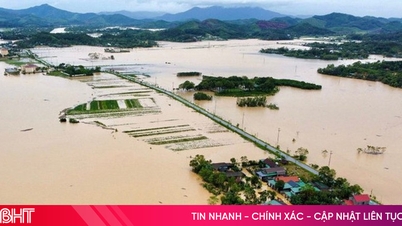













Comment (0)